Skin is one of the largest organs in the body.
And like any other organ, it has very specific functions that require a wide range of nutrients and vitamins that come from our diet.
Moreover, our skin is a reflection of our health in the same way the condition of our body and the rest of the organs reflect our health.
The impact of diet on our skin is definitely real, and diet plays a large role in overall skin function. What we eat impacts our vitality and health, both important components to creating youthful and healthy-looking skin.
So based on that, what are some foods that negatively impact our skin? And what are some of the best?
Foods That Are Not Good for Your Skin
The impact of food is more important from the perspective of giving the body everything that it needs to be able to perform in its best way, and the skin is no exception.
01.
High in Sugar
Foods that are heavily processed and high in sugars have been found to have a negative effect on the skin.
Sugar is a known cause to trigger acne. In general, foods that are high in glycemic indexes, like bread, junk food, sugary snacks, soda, etc., are all foods that can have a negative effect on skin health.
Primarily, with foods high in sugar, there's been some relationship between that and skin that is less elastic, which ultimately could lead to wrinkling and sagging or crepey skin.
02.
Caffeine & Alcohol
Avoid highly caffeinated products as well as alcohol.
These products dehydrate the person, therefore, dehydrate the skin, leading to wrinkles, a dull skin tone, and other skin problems.
Either completely avoid, or be aware that you're not consuming too high of a quantity of caffeine or alcohol because of their impact on the hydration of your skin.
03.
Dairy Products
You may have heard about the relationship between dairy and people who have acne-prone skin.
The link between dairy and acne definitely suggests that people who have adult acne or cystic acne overall would be better off at least testing the avoidance of dairy and the impact on their skin.
Dairy doesn't need to be totally avoided, but if you are struggling with sensitive skin, inflammation, or breakouts, keep track of how whether or not you have eaten dairy, and that could help inform whether or not that's something you want to reduce or eliminate dairy from your diet.
Some of the Best Foods for Your Skin
Consuming foods that bring in a host of different vitamins and nutrients are very, very important to include in your diet!
01.
Foods Rich in Vitamins and Minerals
Vitamin A and Vitamin B are highly beneficial both topically (Retinol and Niacinamide) and when consumed in your diet. Eggs, salmon, tuna, avocados, and greek yogurt are all high in these vitamins.
Vitamin C is essential in collagen production. You can get vitamin C in your diet through citrus, peppers, guava, papaya, broccoli, and brussel sprouts.
Vitamin E also has important antioxidant roles. Nuts and seeds, and cooking oils like olive oil have high vitamin E.
Minerals like zinc and selenium also have important roles in the production of many of the components of the skin dermis, and the use of or the addition of colorful foods such as beets, carrots, bell peppers, colorful foods, berries, etc.
02.
Omega-three Fatty Acids
Omega-3 fatty acids, found in foods like salmon, walnuts, and flaxseeds, are essential for maintaining healthy skin due to their role in enhancing cell function, supporting lipid production, and promoting cell turnover.
These healthy fats help strengthen the skin’s natural barrier, improving hydration by reducing water loss and keeping the skin plump and supple.
Additionally, Omega-3s possess anti-inflammatory properties that help soothe and calm irritated skin, making them particularly beneficial for those with conditions like eczema, acne, or rosacea. Incorporating omega-3-rich foods into your diet can help maintain a balanced, hydrated, and resilient complexion.
03.
Water
Water is essential for skin health due to its critical role in maintaining overall hydration.
Staying properly hydrated helps deliver vital electrolytes to the skin, which boosts hydration levels, resulting in a more supple, vibrant, and youthful appearance.
Adequate water intake supports skin elasticity, helps flush out toxins, and keeps the skin barrier strong, making it less prone to dryness and irritation. Your water needs may increase with higher activity levels or excessive sweating, so adjusting your intake accordingly ensures your skin stays well-hydrated and healthy, reflecting your overall wellness.
Is Taking Care of Your Skin Really About Doing it From the Inside Out?
It is not all about that, but healthy skin from the inside out is a major component.
Sun protection, eating a healthy balanced diet, and staying hydrated are all important things to do for skin health.
However, by themselves, they're not going to give you great-looking skin. The use of active skincare ingredients, including Retinol, which is a Vitamin A derivative, Vitamin C, Vitamin B (Niacinamide), Hyaluronic Acid, certain types of fatty acids, and other skin nutrients, is vital.
All of these ingredients in a skincare routine are absolutely important in terms of overall skin health, including proper cleansing of the skin to alleviate poor congestion and allow active ingredients to work.
Even if you're taking Vitamin C orally, it won’t have the same effect on the cellular production of collagen as it does when you apply it topically.
These are all the reasons why we developed the KaramMD Trifecta to include all of the categories of active skin care ingredients.
These ingredients stimulate collagen, improve hydration, improve lipid balance, decrease pore congestion, as well as decrease pigmentation through a non-hydroquinone-based botanical system. The result? The skin ultimately becomes less pigmented, more supple, firm, and vibrant.
In the long run, by using ingredients on your skin like Retinol and Vitamin C, as well as growth factors that are plant-derived, the production of collagen and elastin will continue to build as opposed to diminishing with time, which has a huge impact on preventing the skin from aging in the first place.
Can a Change in Diet Reverse the Signs of Aging Skin?
For those with aging skin, diet by itself has no impact in terms of preventing skin from aging or restoring aging skin, but it has a foundational impact in terms of giving the skin what it needs to function correctly.
If you're healthy, it's going to reflect that, but active ingredients in your skin products + sun protection are the definite must-dos for people who want to defy skin aging and restore their skin.
Aside from its powerful, vital ingredients, the KaramMD Trifecta makes it possible to help reverse the signs of aging skin in a simple way.
At the end of the day, consistency and constant use of these ingredients are absolutely necessary for the skin to defy the aging changes that it's genetically predisposed to undergo.
What Can You Do to Prevent Aging Skin?
If you want to prevent skin aging, you need to:
- Limit sun exposure as much as possible
- Include daily SPF in your routine.
- Eat a balanced diet rich in vitamins and minerals
- Remain hydrated
- Stay on the right active, anti-aging ingredients for the long run.
If you do all those things, your skin will invariably look amazing and healthy, with a youthful vibrancy and glow–you can effectively defy the genetic skin aging that we're all predisposed for.

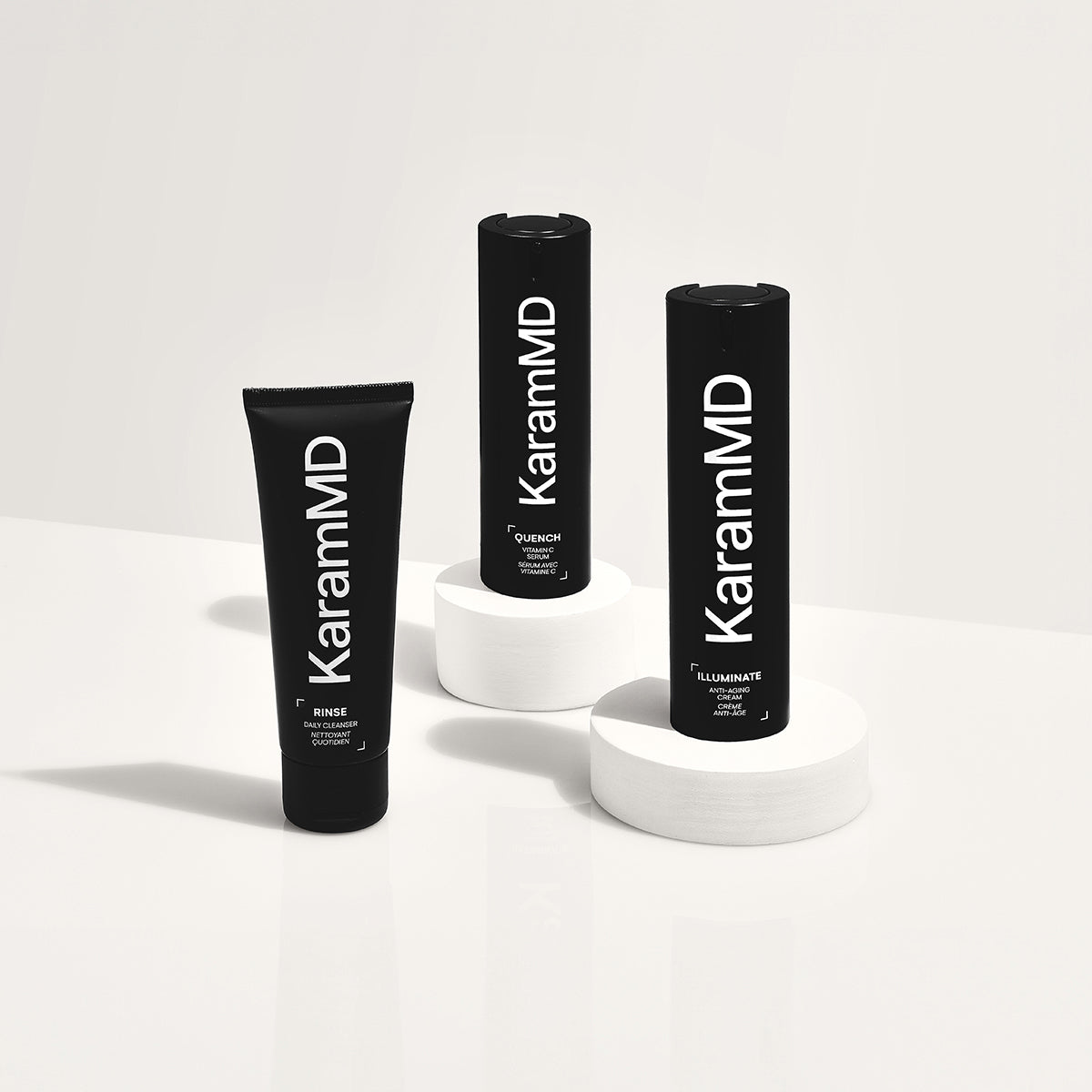
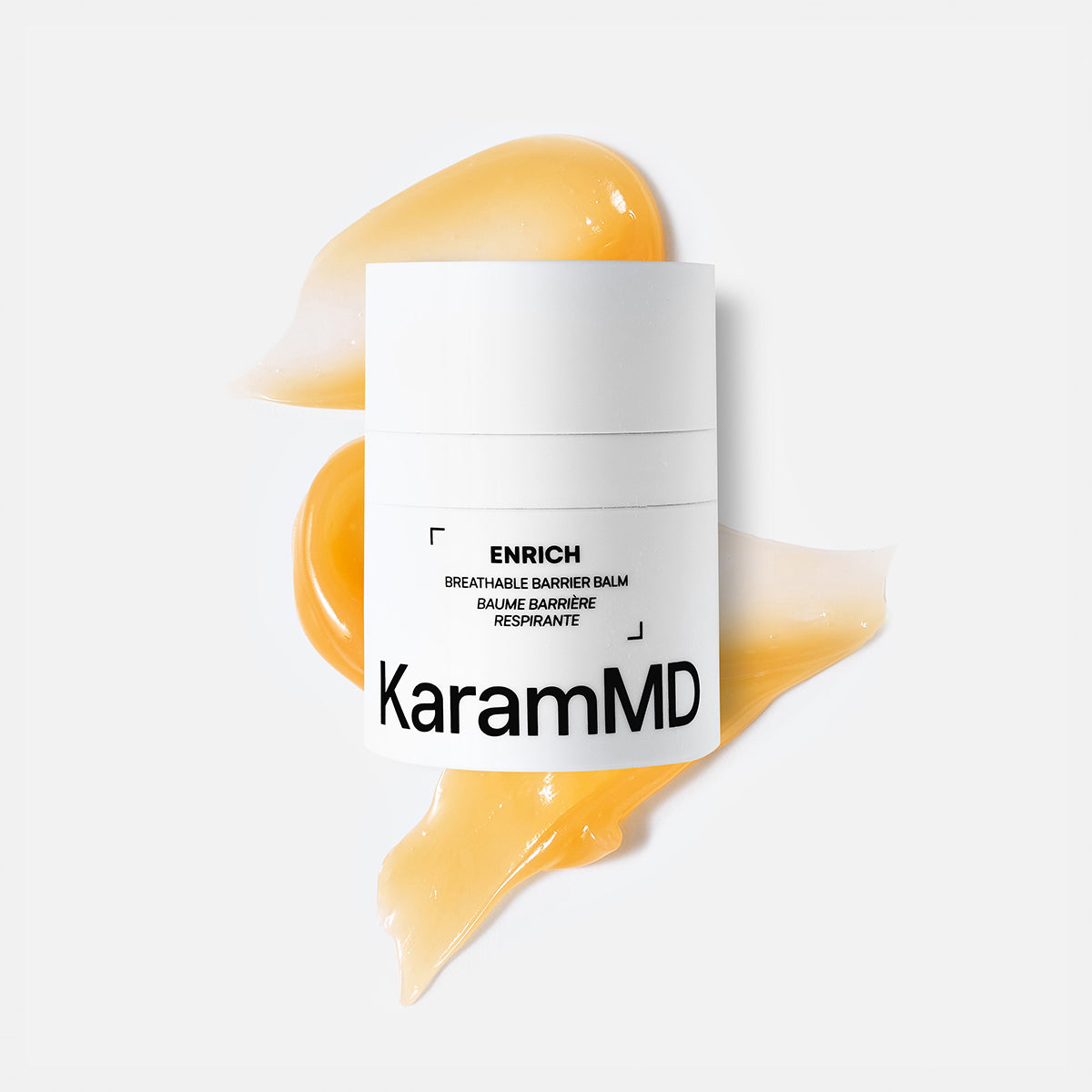
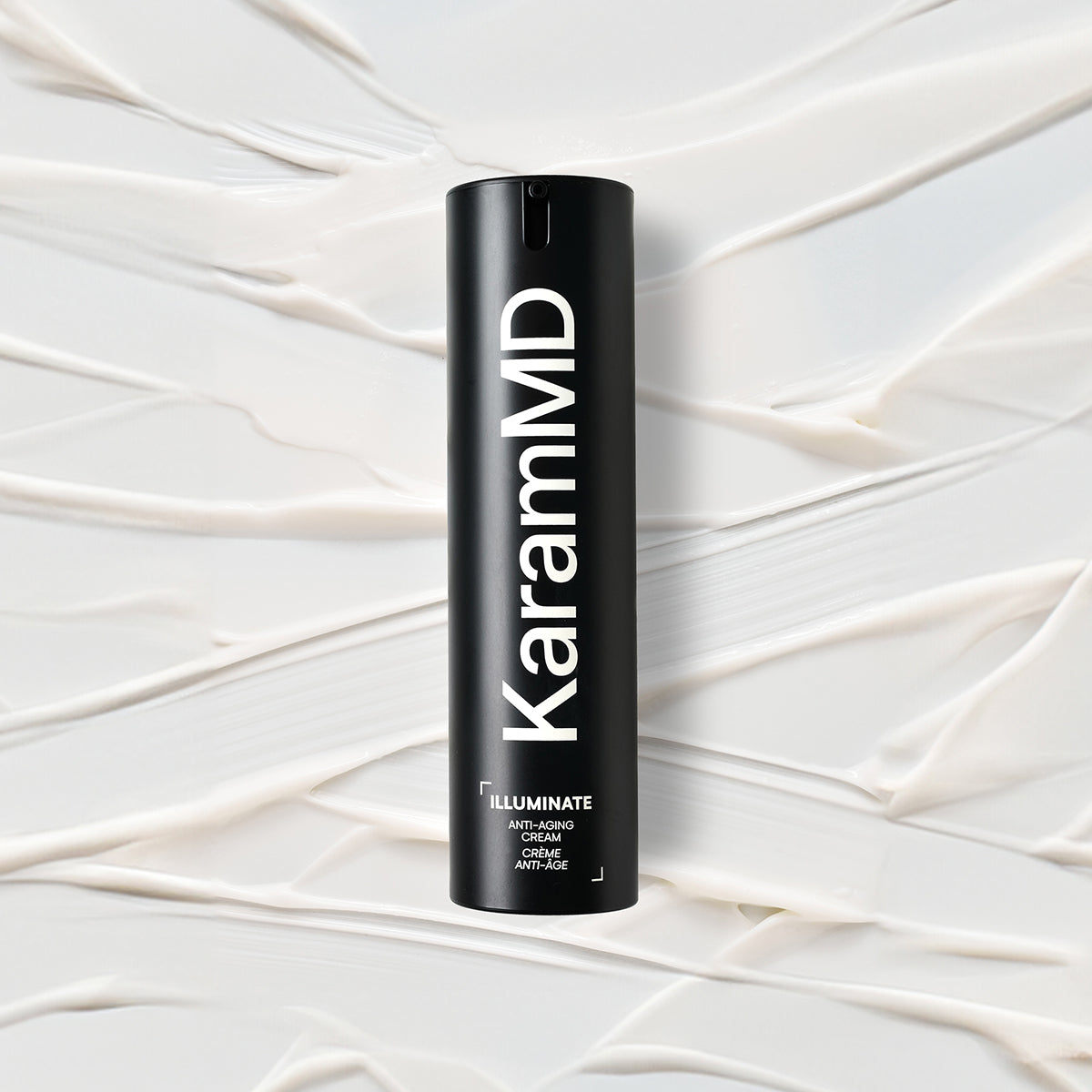
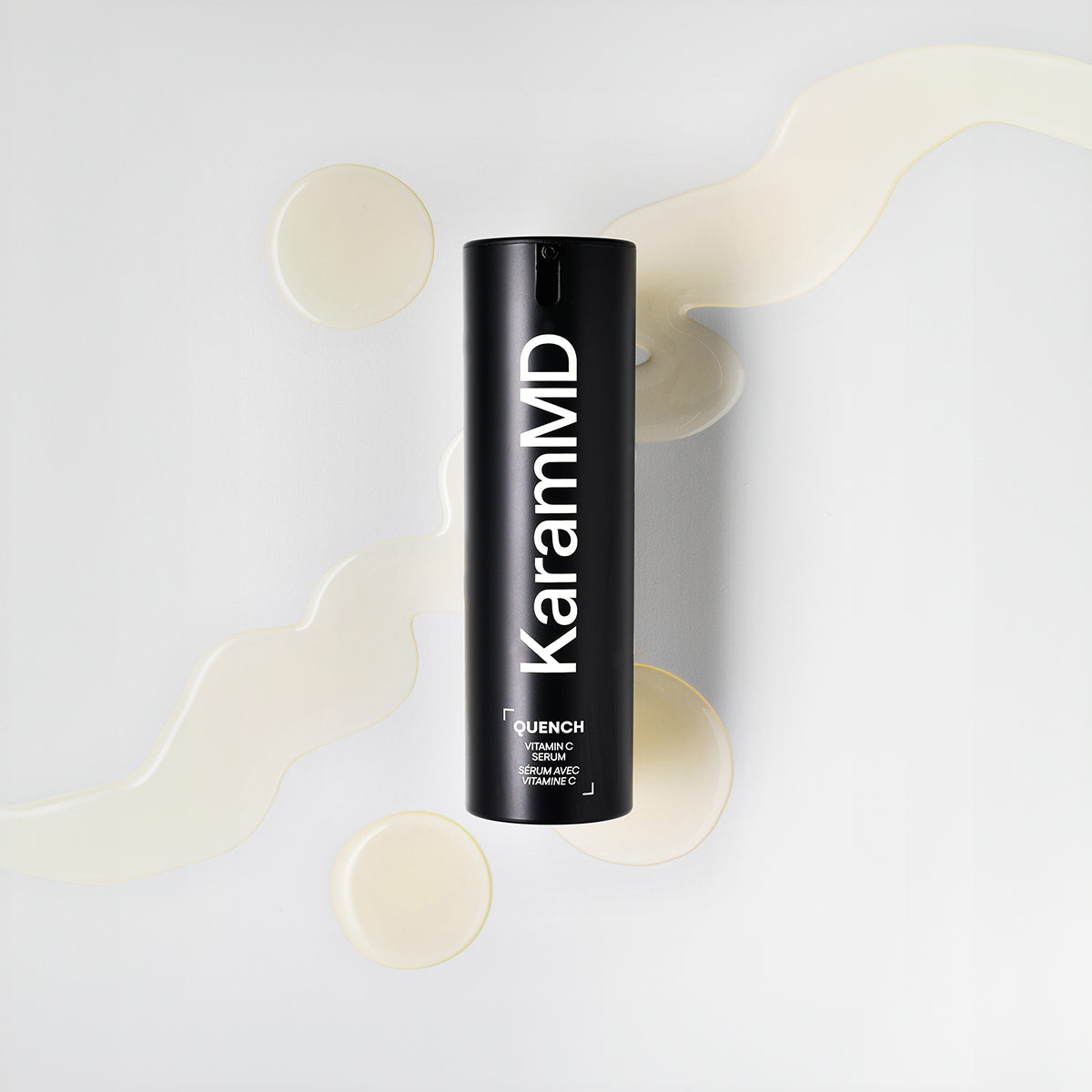
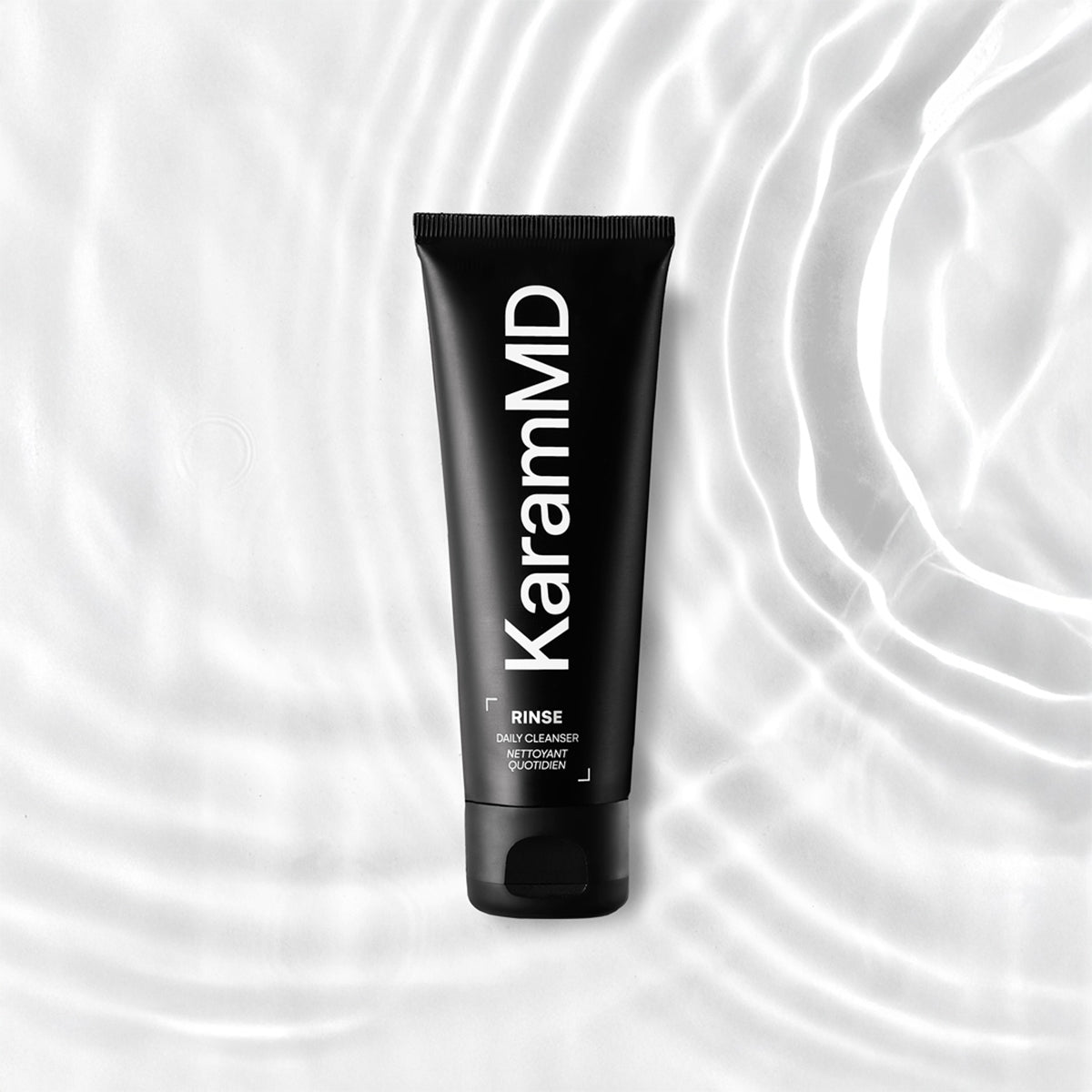
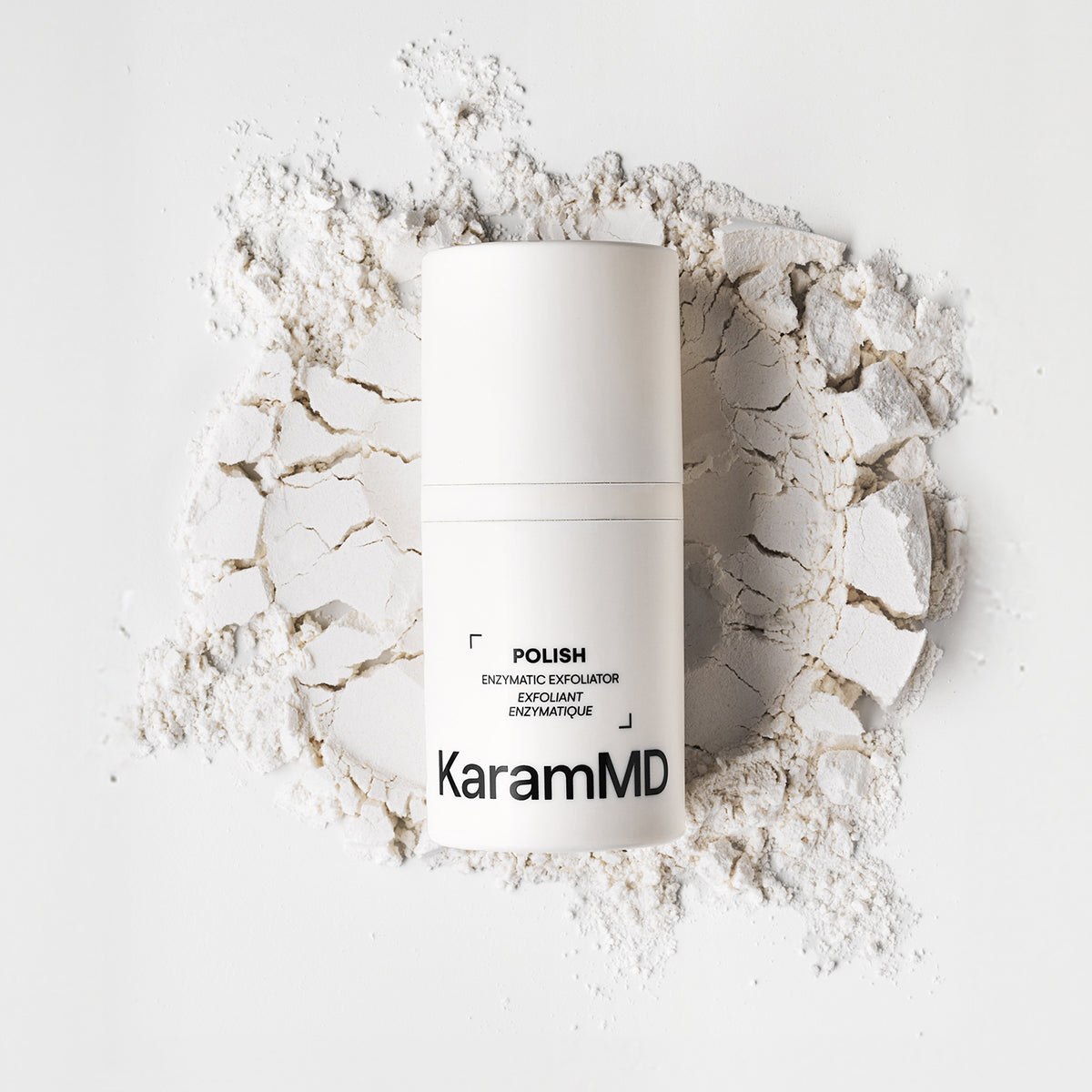
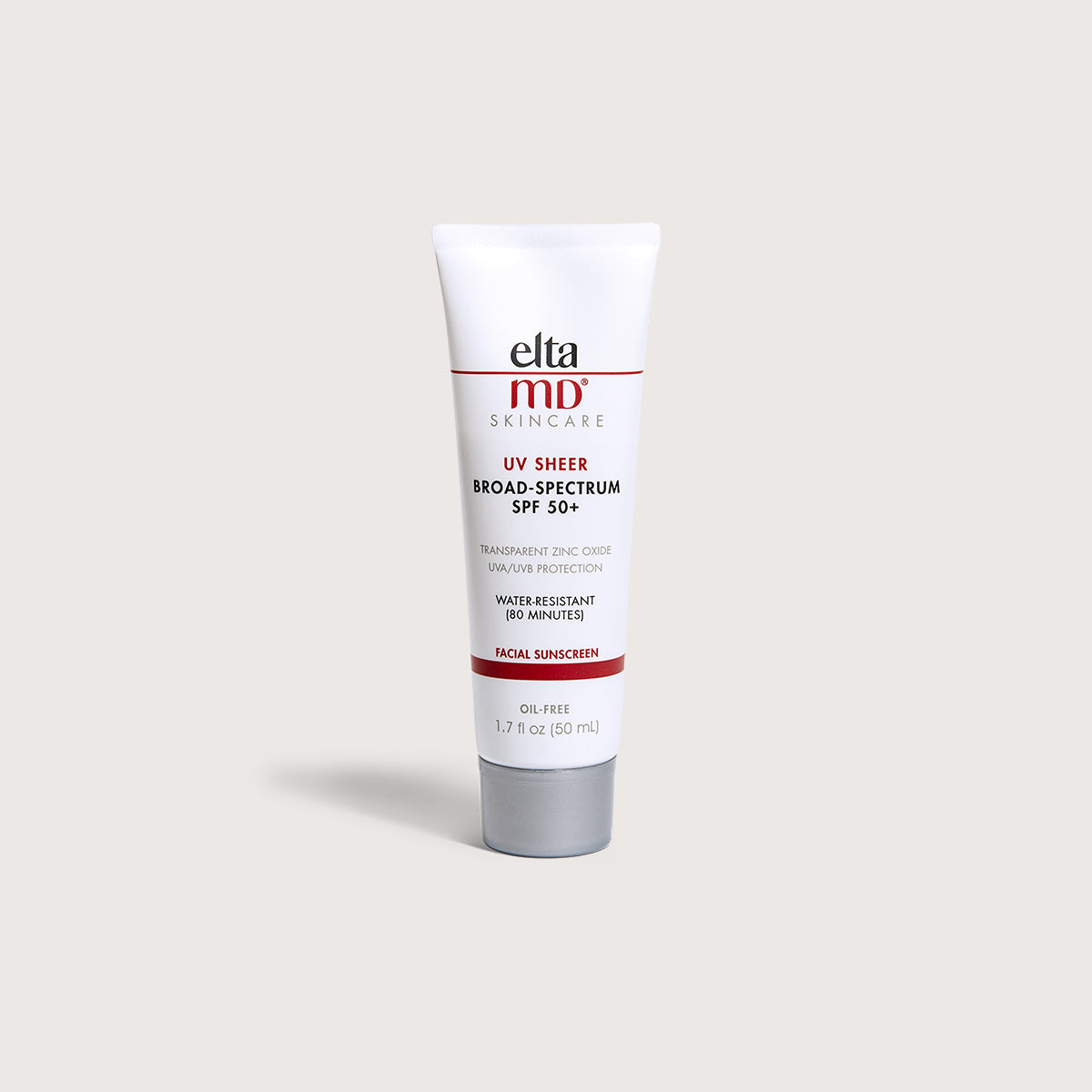
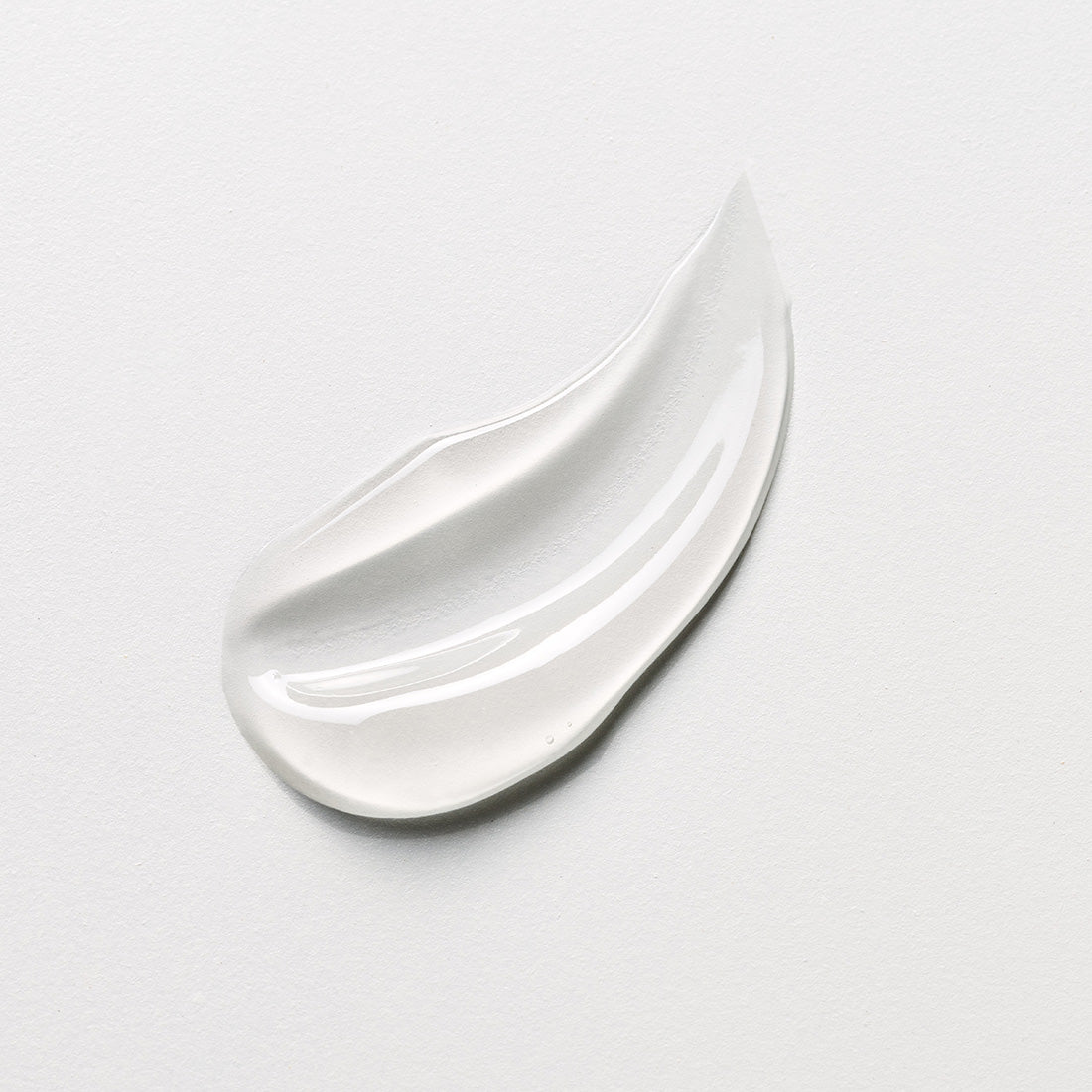
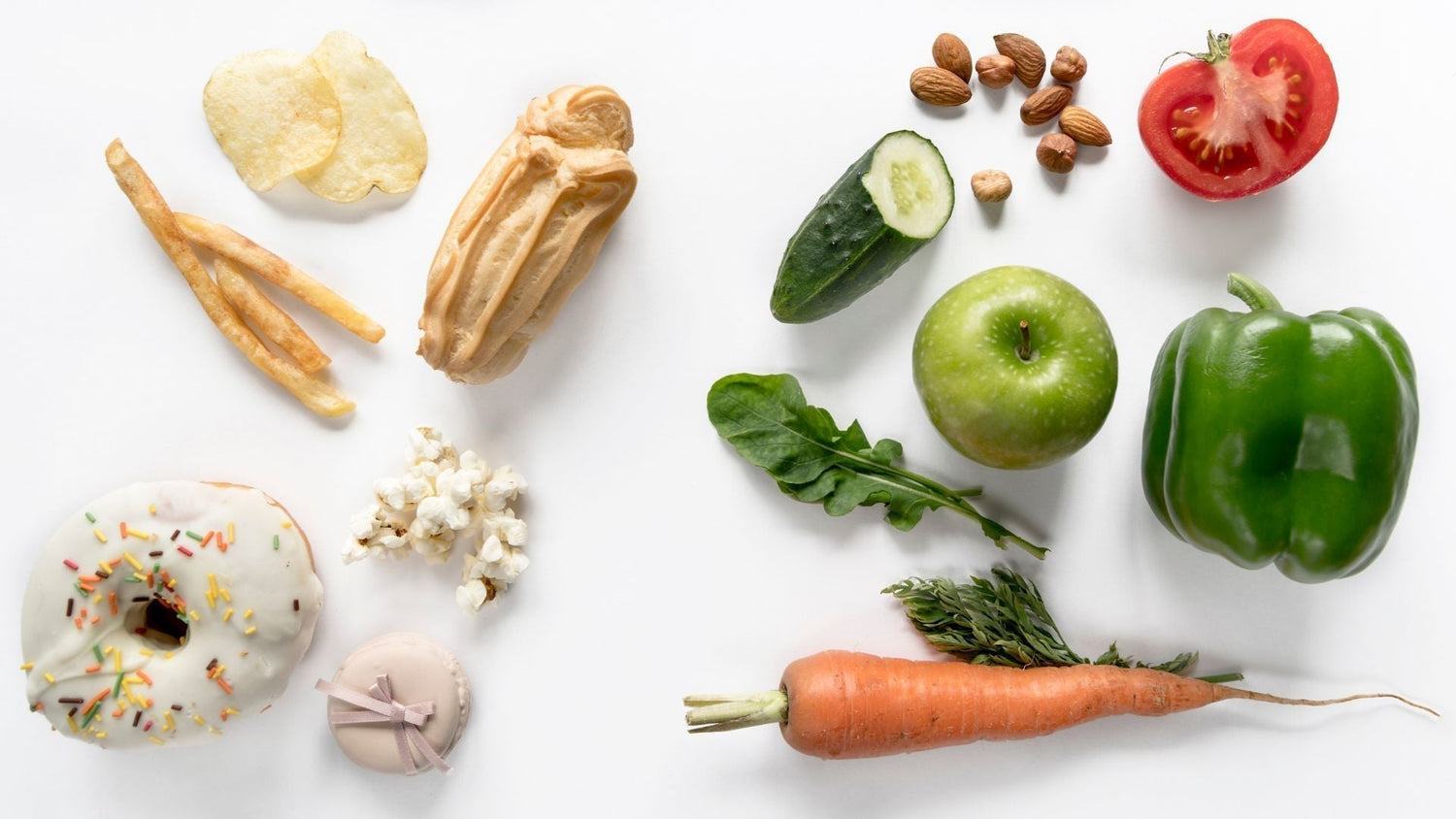

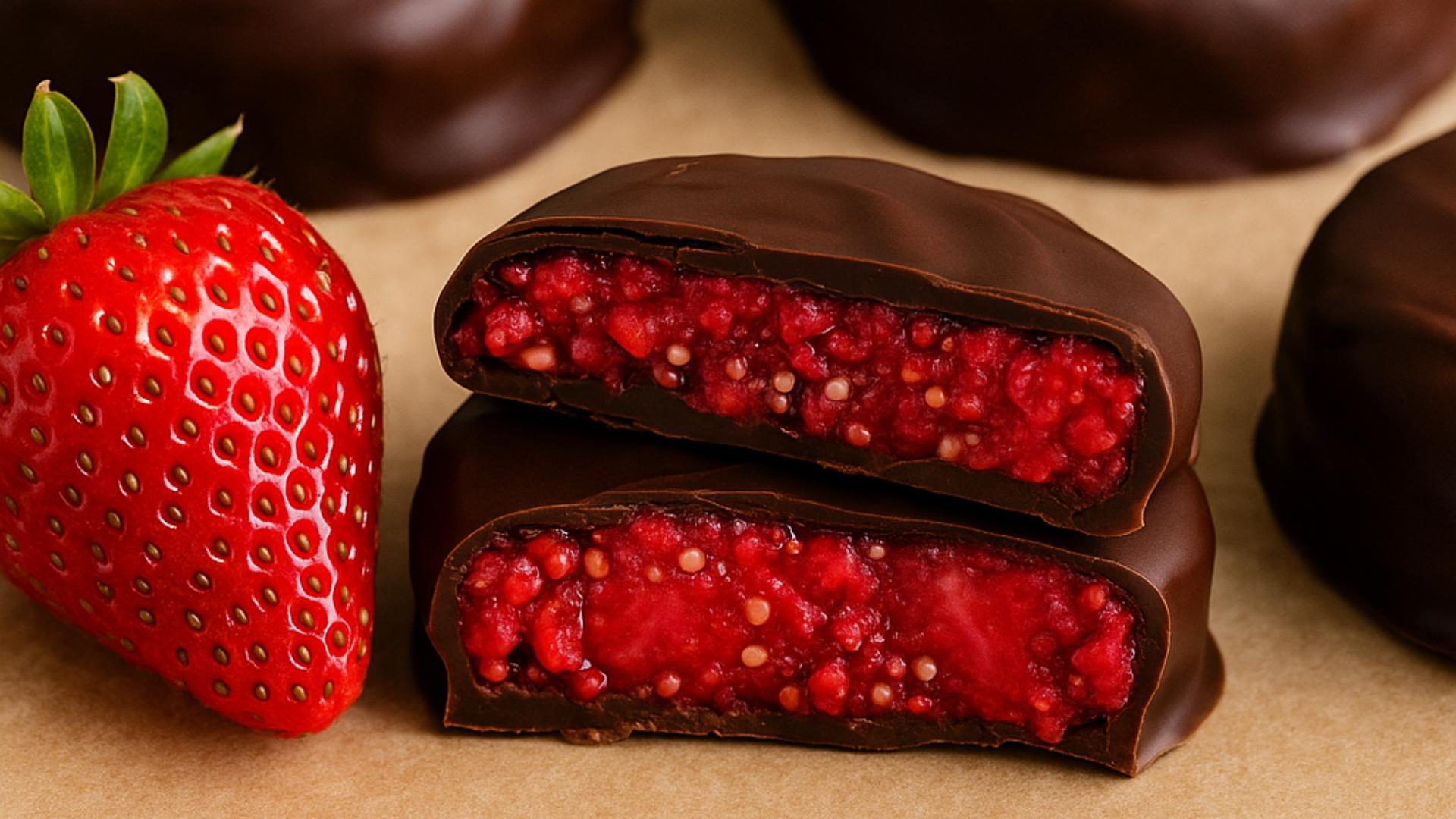



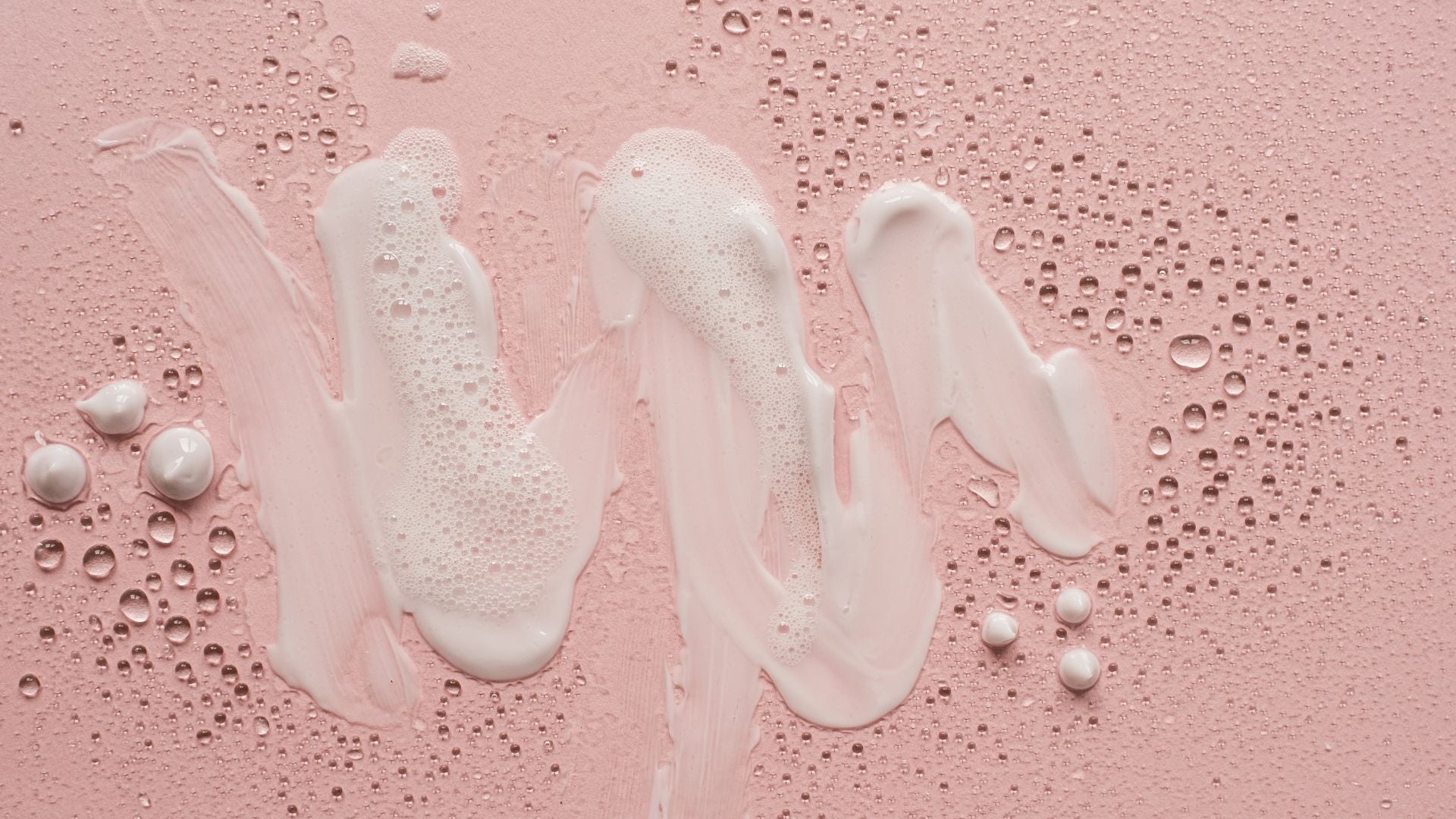
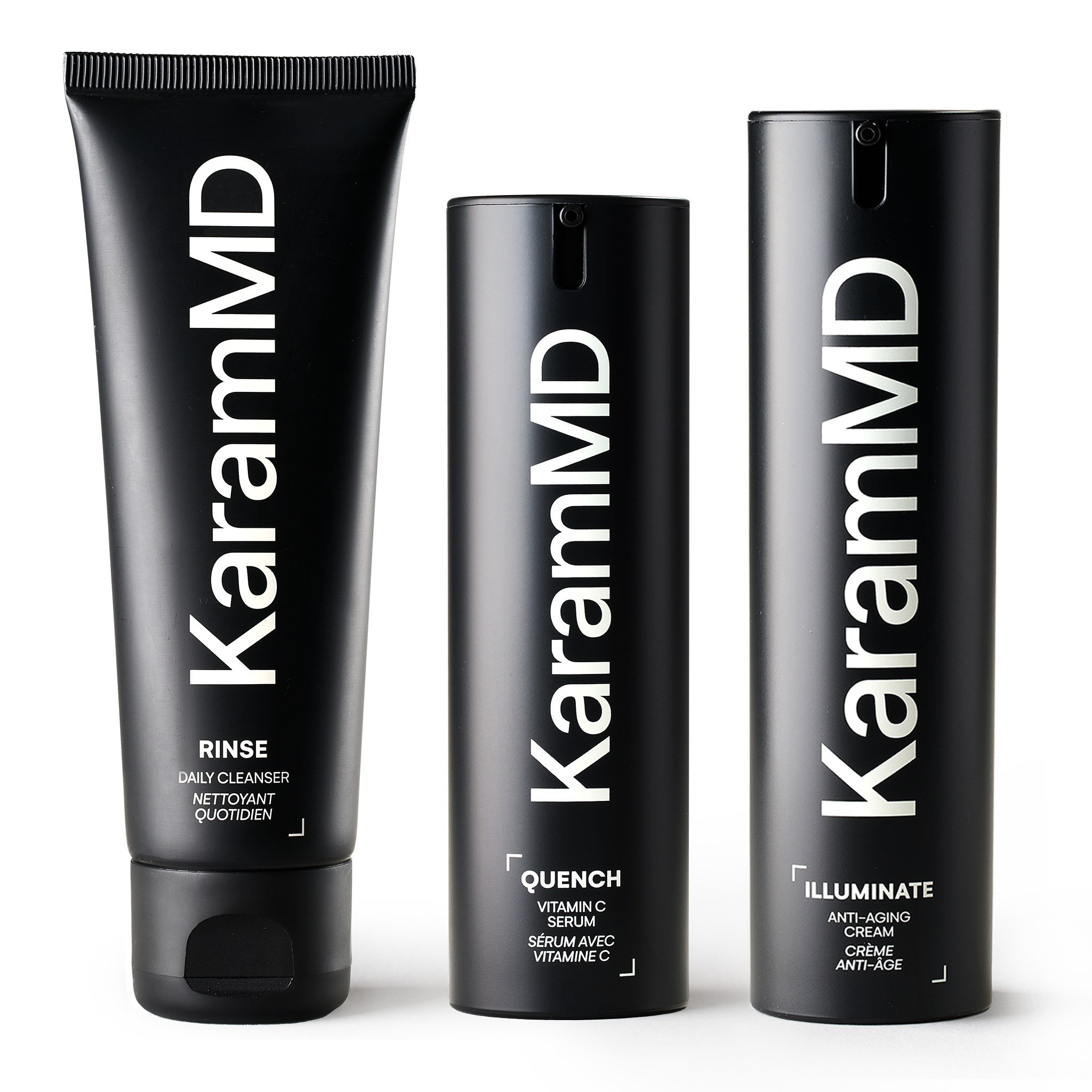
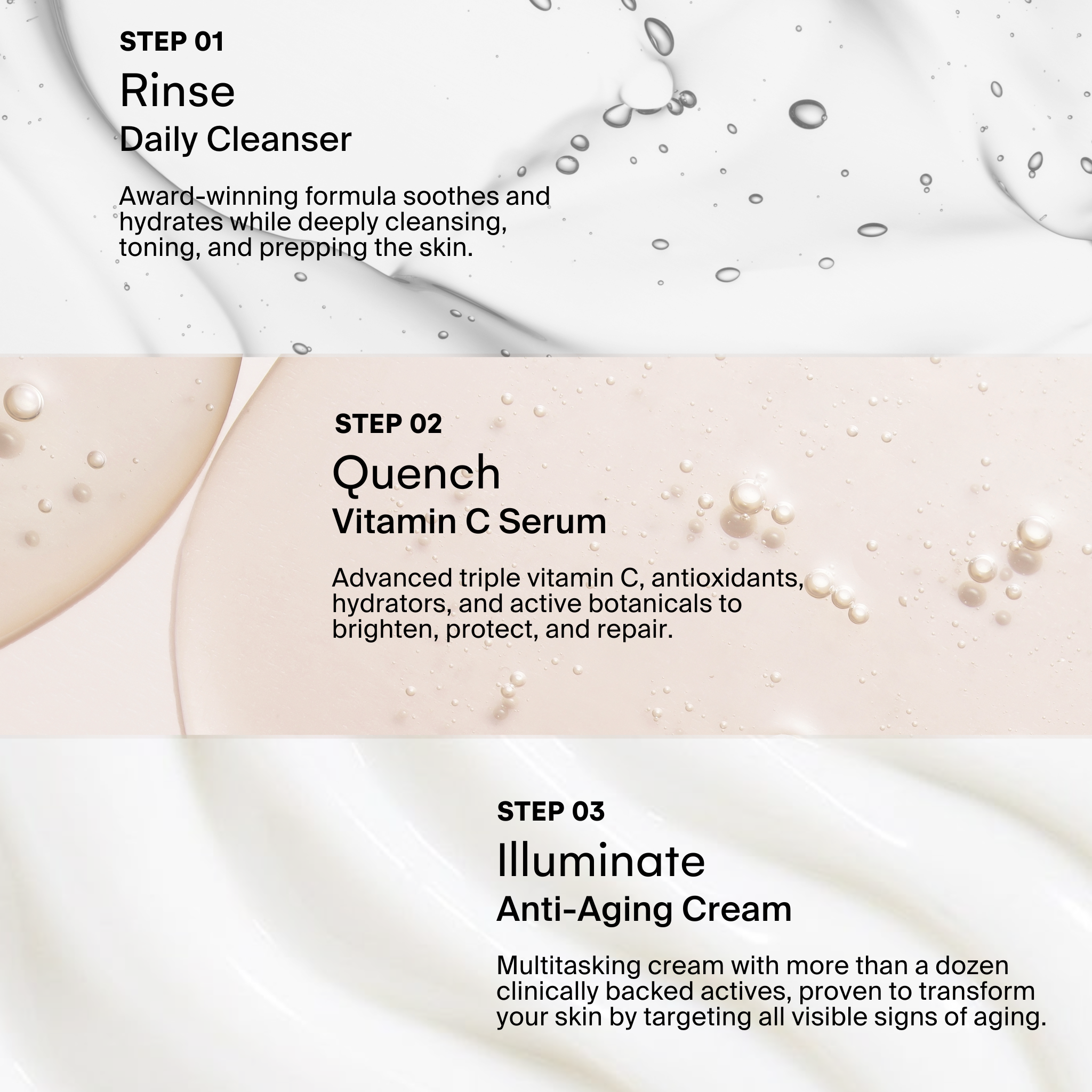
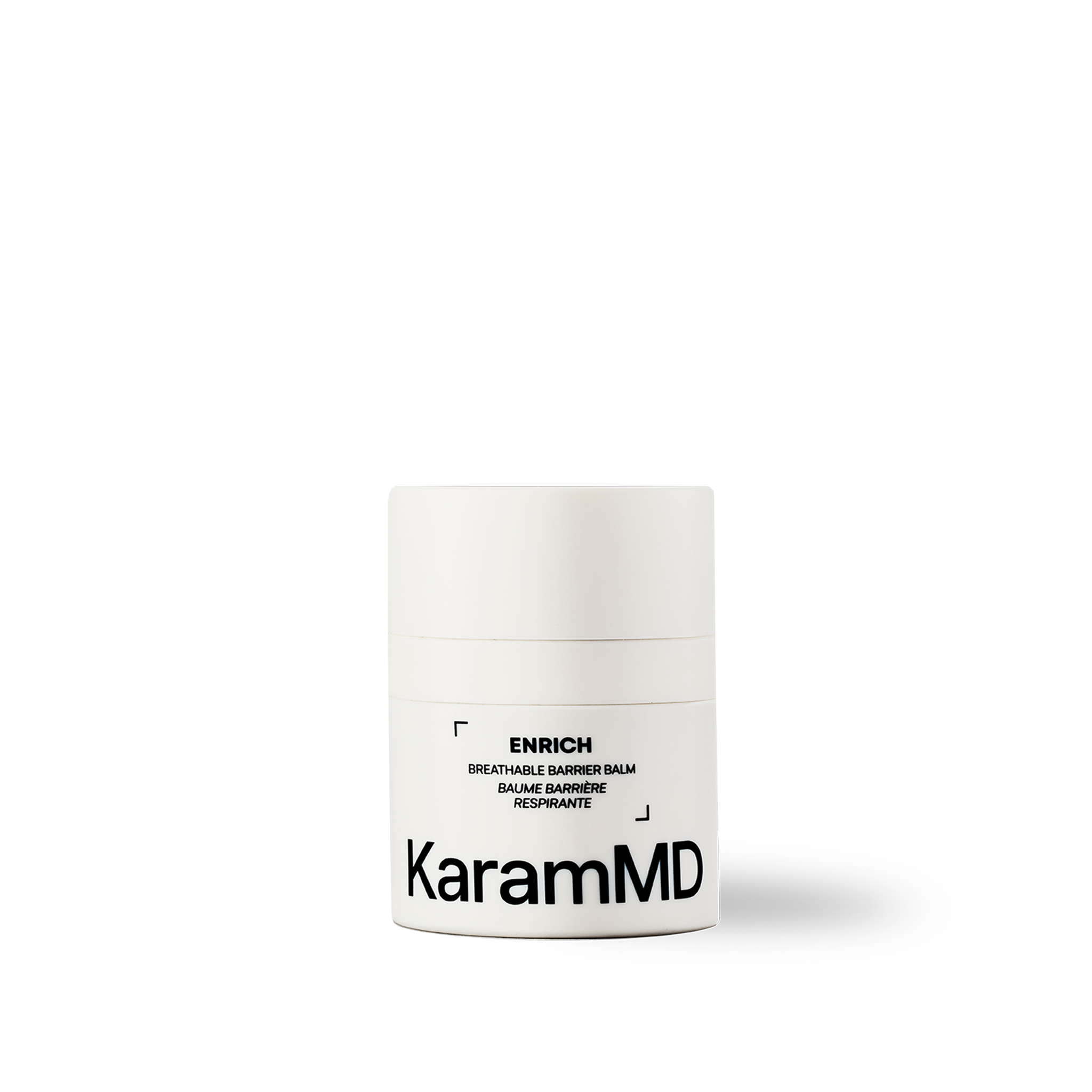
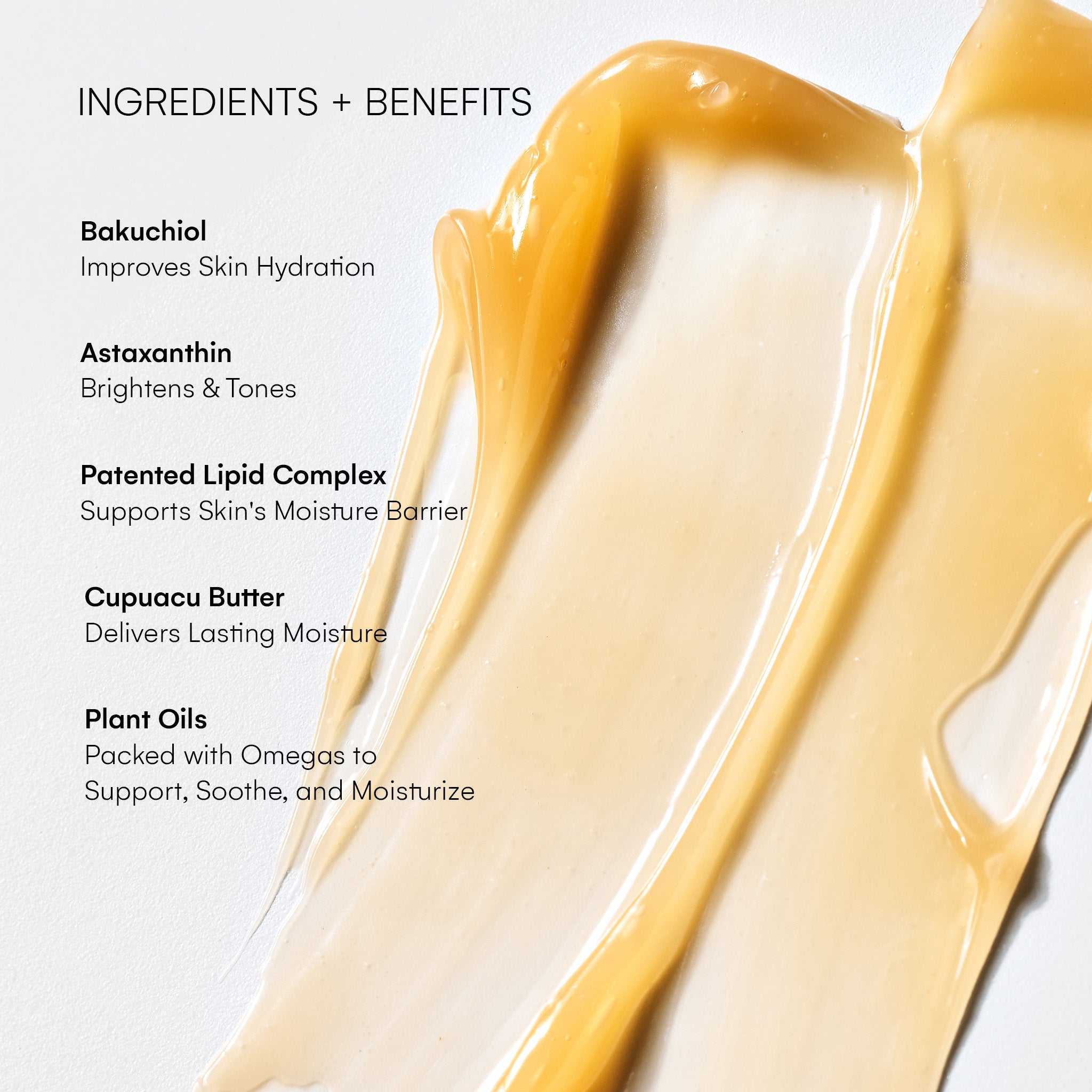
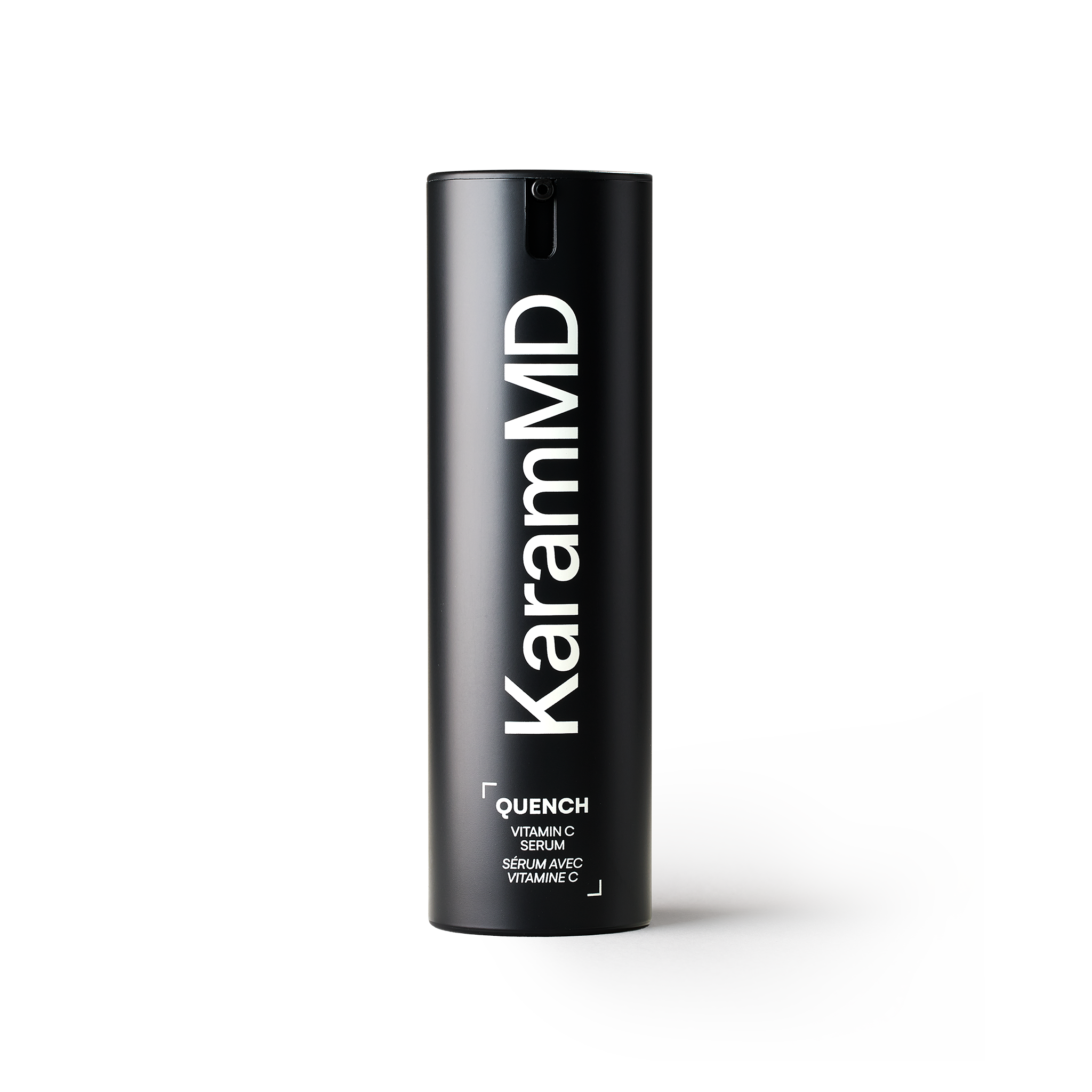
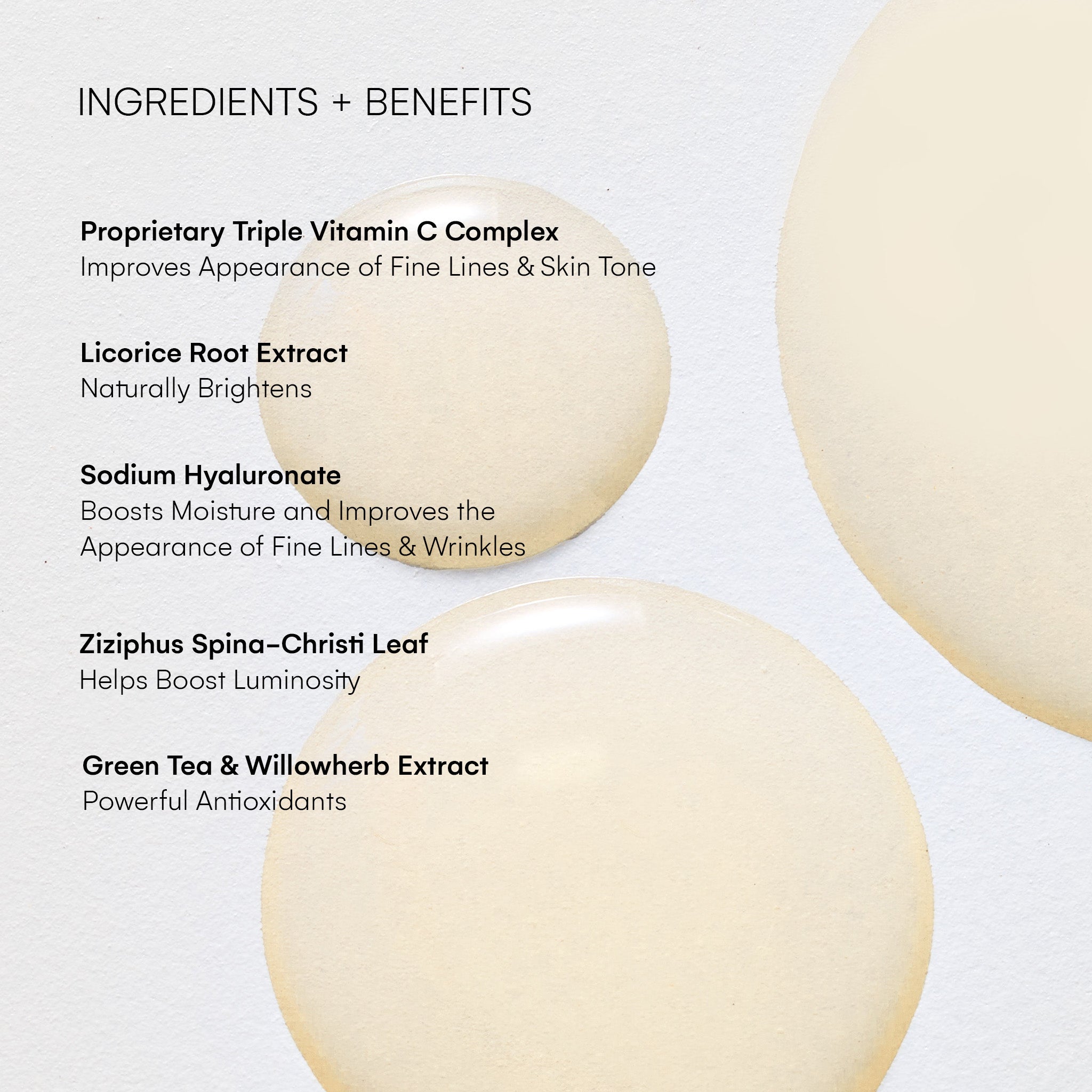
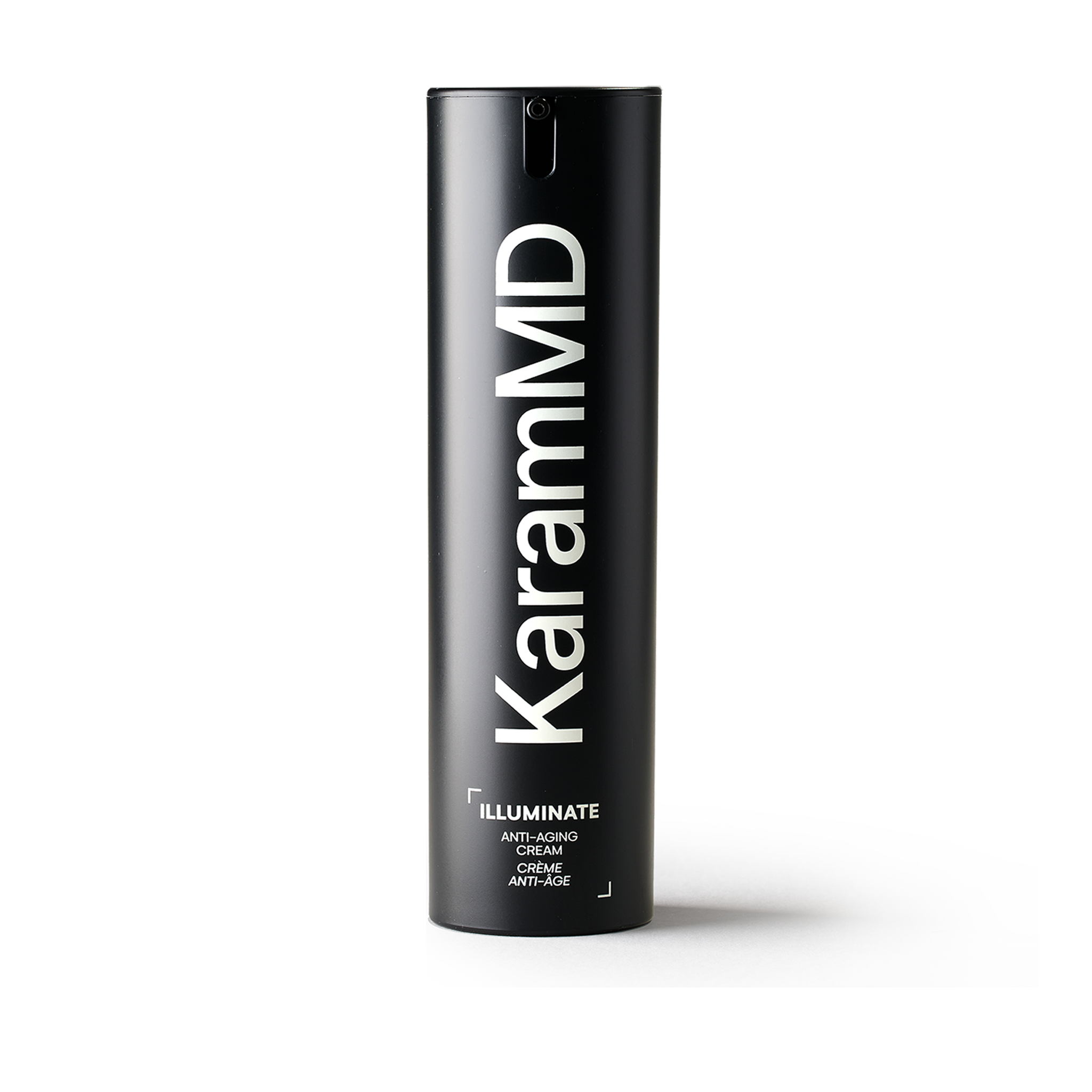
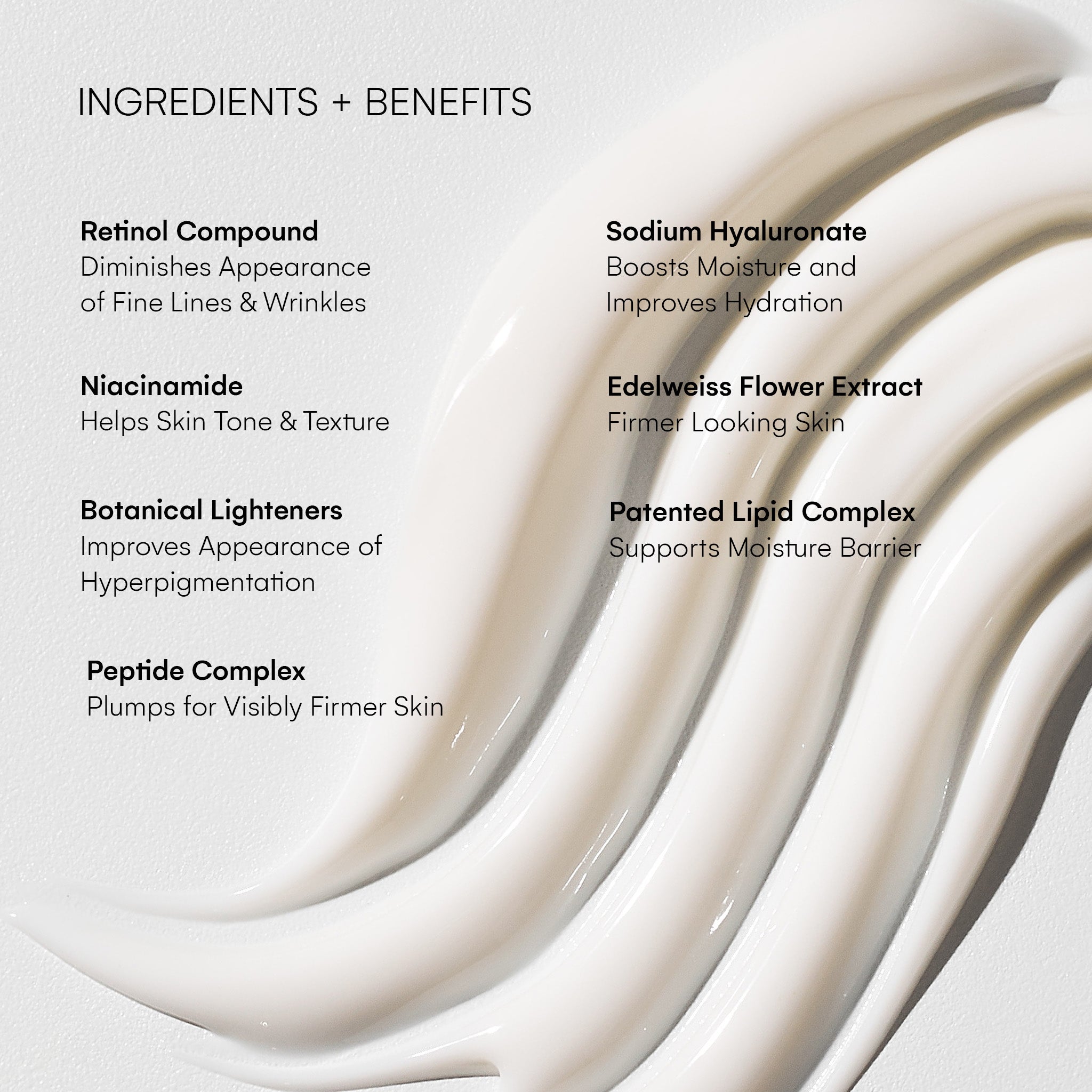
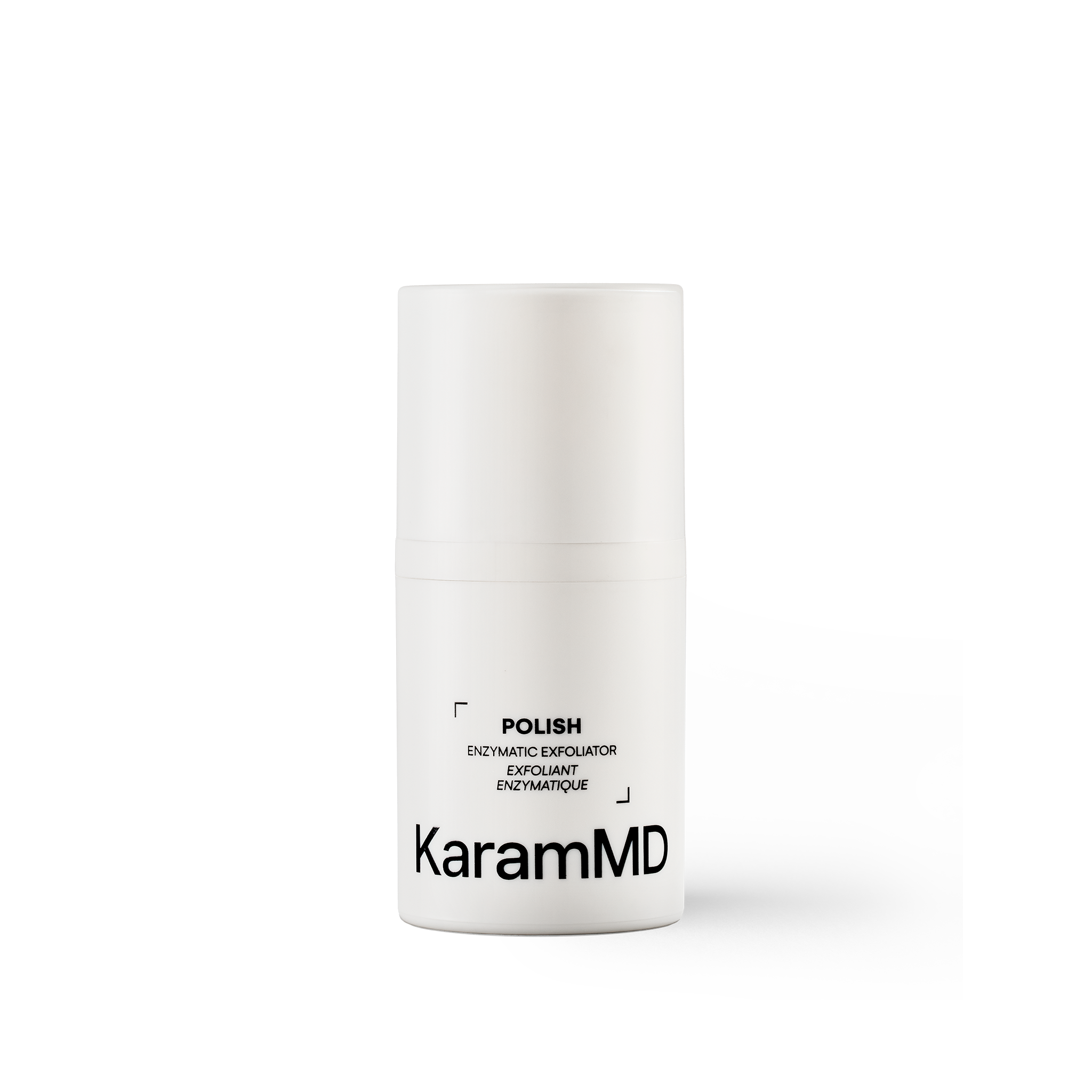
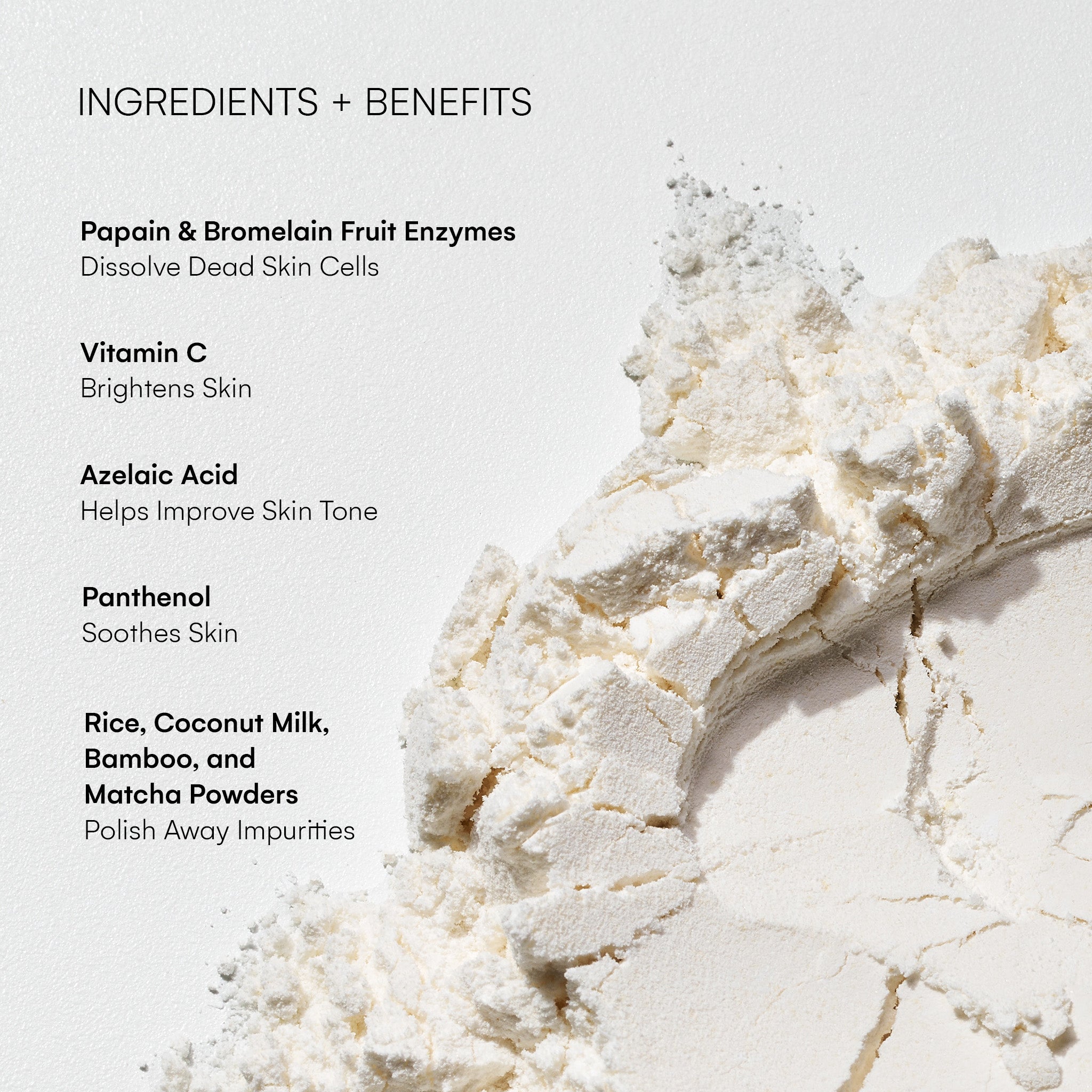
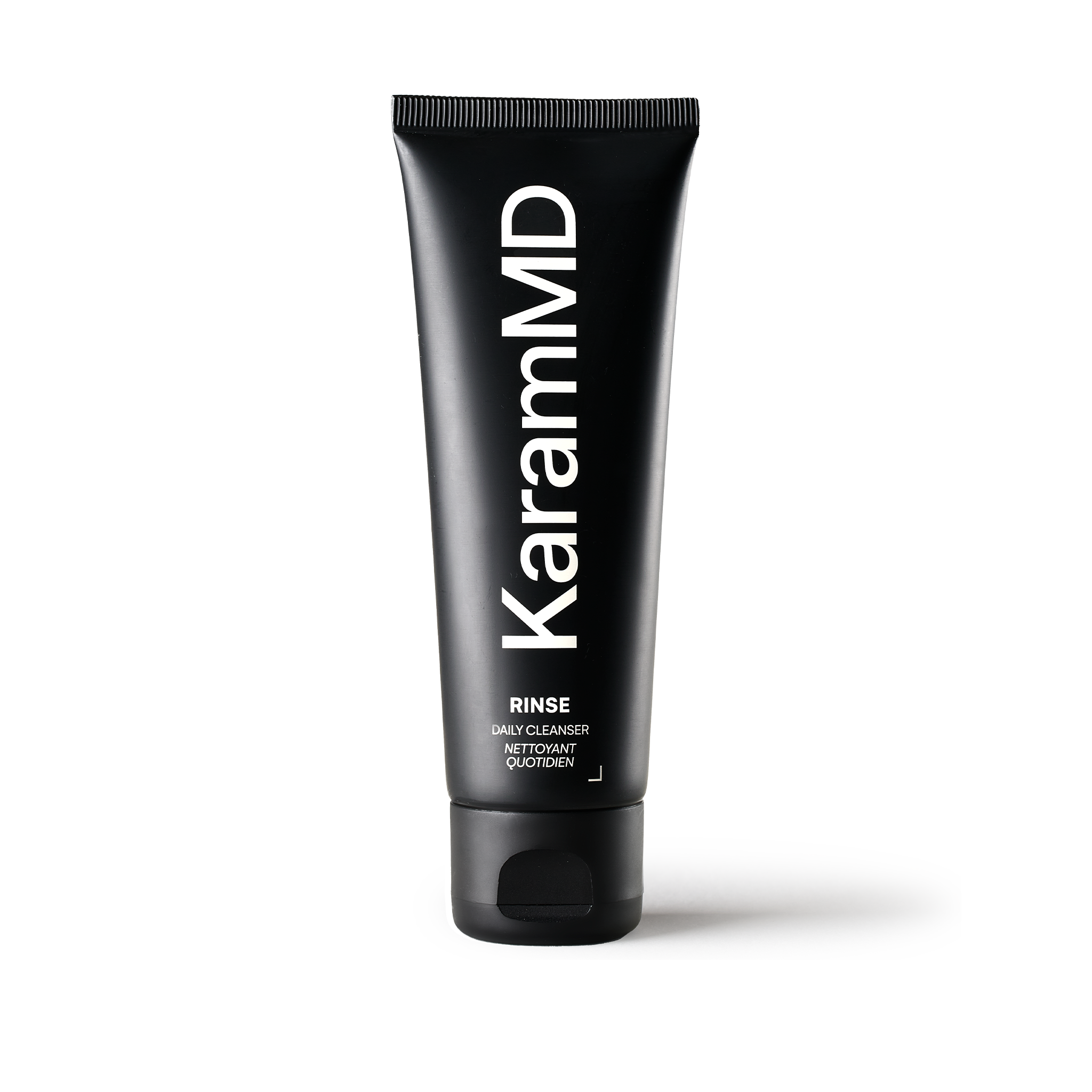

Leave a comment
All comments are moderated before being published.
This site is protected by hCaptcha and the hCaptcha Privacy Policy and Terms of Service apply.